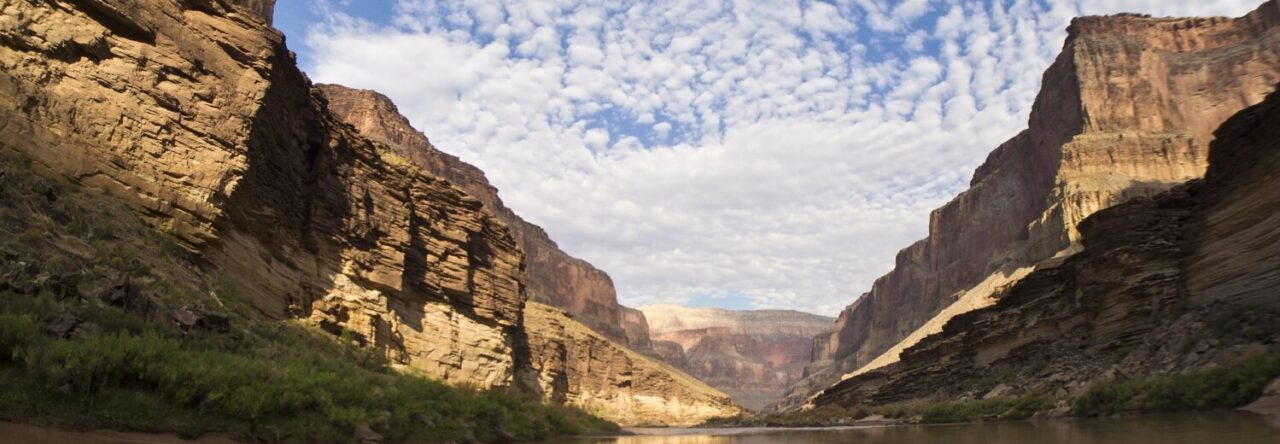
Until one is committed, there is hesitancy, the chance to draw back, always ineffectiveness. . . .
W.H. Murray
How confident are we that climate change is happening? When people are asked about inactivity, or opposition to global-warming related measures, they may say they are not so much opposed, as waiting to see. That may feel like we are postponing, rather than making, a choice. Walking the same path in the meantime, however, is still a decision, and one to be heading the same place. That is as true whether done out of intentionality or out of the belief in waiting to see where it leads once we arrive, or at least approach more closely.
Whether or to what degree one believes there are questions about climate change, one thing that no longer seems controversial is that “doubt and controversy” is not a new strategy. There is now a repository of previously-internal documents from tobacco companies, from a long time ago as the link between smoking and cancer emerged. One of the most famous, quoted on different websites, is a memo from Brown and Williamson saying: “Doubt is our product[.]”[1] It describes doubt as “the best means of competing with the ‘body of fact’ that exists in the minds of the general public” and “also the means of establishing controversy.” [2]
Much older, and what it reminds me of, are the verses from James that “he who doubts is like a wave of the sea, blown and tossed by the wind,” and “is a double-minded man, unstable in all his ways.” James 1:6-7. It’s a different context, of course, but sill an illustration. To have an impact, one need not be completely convinced to the contrary, but can be tossed about and ineffective as seeds of doubt are sown.
One reason doubt and controversy may work so well in the science context is that science is rarely (if ever?) 100% certain. I like this quote in that area from Wendell Berry:
The modern scientific enterprise apparently is directed toward the goal of complete knowledge. But if you had complete knowledge, if you knew everything, could you then act? Could you apply what you knew, or would you be paralyzed by a surplus of considerations?…
The real question that is always to be addressed is the one that arises from our state of ignorance: “how does one act well – sensitively, compassionately, without irreparable damage – on the basis of partial knowledge?
Wendell Berry, Life Is a Miracle, P. 149 (2000).
On how to act well based on partial knowledge, there are modern sources, and articles now cite oil company material recognizing the potential weight of global warming consequences, long ago. As one put it:
Shell’s analysts [] warned of the “disappearance of specific ecosystems or habitat destruction,” predicted an increase in “runoff, destructive floods, and inundation of low-lying farmland,” and said that “new sources of freshwater would be required” to compensate for changes in precipitation. Global changes in air temperature would also “drastically change the way people live and work.” All told, Shell concluded, “the changes may be the greatest in recorded history.”
For its part, Exxon warned of “potentially catastrophic events that must be considered.” Like Shell’s experts, Exxon’s scientists predicted devastating sea-level rise, and warned that the American Midwest and other parts of the world could become desert-like.
Benjamin Franta, Shell and Exxon’s Secret 1980s Climate Change Warnings, the Guardian (Sept. 19, 2018), https://www.theguardian.com/environment/climate-consensus-97-per-cent/2018/sep/19/shell-and-exxons-secret-1980s-climate-change-warnings
Again a different context, and without taking away from the supremacy of this, it also reminds me of this verse:
Whoever is not with me is against me, and whoever does not gather with me scatters
Matthew 12:30 (NIV)
Anyone who isn’t with me opposes me, and anyone who isn’t working with me is actually working against me.
Luke 11:23
[1] See, e.g., Smoke, Mirrors & Hot Air, How ExxonMobil Uses Big Tobacco’s Tactics to Manufacture Uncertainty on Climate Science, Union of Concerned Scientists (January 2007), https://www.ucsusa.org/sites/default/files/legacy/assets/documents/global_warming/exxon_report.pdf.
[2] Id.
